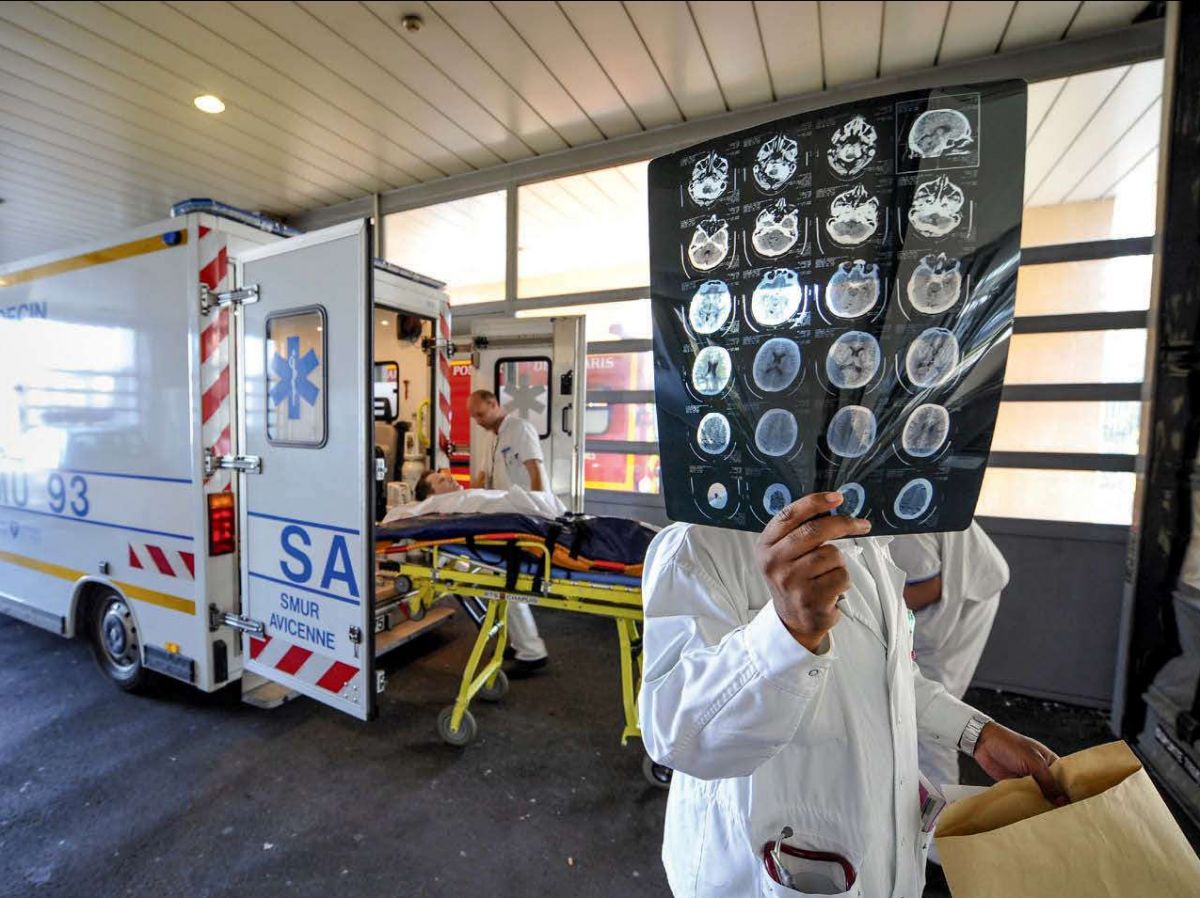Women and men are not equal when it comes to alcohol: it causes more serious, more rapid, or specific damage in women, such as breast cancer, risks that are not adequately assessed and supported medically, according to health authorities.
Health professionals, general practitioners, nurses, physiotherapists, midwives, gynecologists, dieticians and also social workers, must be made aware of the specificities of women's exposure to alcohol, beyond the periods of pregnancy and maternity, the High Authority for Health (HAS) stressed on Wednesday, which is publishing information documents for them.
By addressing this topic regularly in consultations, as they do for smoking or physical activity, while "taking care to avoid any moral judgment," they will be able to support women "in understanding their habits and reducing their risks," while respecting "their choices, their priorities and their privacy," she says.
"The goal is not at all to create a health panic, it's to really better inform, to be clearer about the risks we can take, and the fact that, without falling into hygienic rhetoric: 'We must stop consuming,' it is possible to reduce these risks for ourselves and those around us, without necessarily radically changing our lifestyle," Marie-Olivia Chandesris, scientific project manager at the HAS, who led the publication, told AFP.
The stakes for women are high: due to "its hormonal impact on genital life, sexual health, intimacy, procreation, perinatality and its carcinogenic effect", alcohol consumption is "a global health issue" throughout their lives.
"Breast cancer is the leading cancer in women, and what is extremely important is that a third of these cancers are caused by alcohol consumption that is said to be light to moderate, that is to say below the famous benchmarks for so-called lower-risk consumption," says Ms. Chandesris.
"Even with the smallest amounts of consumption, there is also the risk of accidents, trauma, assaults... and suicide, whereas we imagine that there are problems when we are at the stage of a very serious and very advanced addiction: this is false," she says.
– “Medical under-evaluation” –
Anxiety, depression and trauma, particularly sexual trauma, which encourage alcohol consumption, are more common among women, who are also subject to "normative, aesthetic, marital and family injunctions, sources of stress, stigma and shame", pushing them to hide their consumption, notes the HAS.
According to suicide surveys, women are "very likely to consume antidepressants or alcohol, practices that can be considered as forms of regulating a feeling of unease," observed the Directorate of Research, Studies, Evaluation and Statistics (Drees) in a publication devoted to suicide on Tuesday.
Women are also victims of domestic violence and assault, particularly sexual assault, due to the alcohol use of those around them. "There is a very clear association between alcohol use and traumatic history, whatever it may be, past or present. Even if people can't make the connection," reports Ms. Chandesris.
Socially, women are judged "even more negatively, morally, for example, being treated as bad mothers," than men struggling with their alcohol consumption. They also suffer from "medical undervaluation" and "less access to available help," according to the doctor.
However, suitable services exist: dedicated consultations in addiction support and prevention care centers (CSAPA), the Alcohol Info Service platform, and support association discussion groups.
The Authority also warns about men's alcohol consumption during pregnancy: "Fetal alcohol spectrum disorders can also result from their use - via the toxicity of alcohol transmitted by sperm - and not only from that of women during pregnancy."
"Faced with these risks, the precautionary principle consists of stopping all alcohol consumption as soon as the desire for a child or stopping contraception occurs, for women until the end of breastfeeding, for men until pregnancy is diagnosed."

